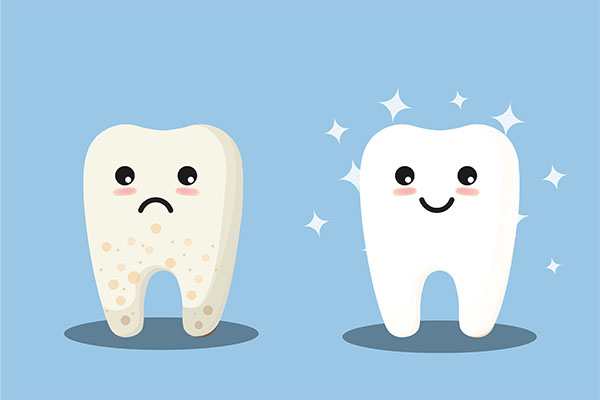 If you have not undergone a dental cleaning in over six months, it is time to go for a dental cleaning. Dental professionals recommend undergoing dental cleaning every six months to prevent oral issues such as tooth decay and gum disease. Due to your schedule, you might be concerned about how long the cleaning appointment takes. Continue reading to find out.
If you have not undergone a dental cleaning in over six months, it is time to go for a dental cleaning. Dental professionals recommend undergoing dental cleaning every six months to prevent oral issues such as tooth decay and gum disease. Due to your schedule, you might be concerned about how long the cleaning appointment takes. Continue reading to find out.
The duration of the cleaning appointment
Thankfully, dental cleaning only takes a few minutes, meaning patients will not have to wait long at the dental office. The cleaning process typically takes less than 30 minutes to finish, with some lasting up to an hour. The cleaning appointment’s duration is largely determined by the teeth’s and gums’ condition and the type of cleaning needed by the patient.
The dentist will clean the teeth with gritty toothpaste after scraping off plaque and tartar with a scaler. They will then floss and clean the teeth and clear any excess toothpaste and dirt. Once the teeth have been thoroughly cleaned, fluoride will be added to the surface to protect the enamel and prevent plaque buildup in the future. However, it is important to remember that dental cleaning entails more than just cleaning and teeth polishing.
The dentist may also decide to take x-rays and examine structures of the oral cavity for signs of oral health issues. These additional steps are required to help patients maintain proper oral health. They even take up extra time during dental appointments. The following are some of the factors that determine how long the dental cleaning appointment takes:
The teeth’s condition
Plaque, tartar, and stains are eliminated from the teeth during a professional dental cleaning. The patient’s level of oral hygiene, including teeth brushing and flossing, affects the amount of plaque and tartar accumulation. When patients floss regularly, there is usually less plaque and tartar between the teeth. Stains typically form due to normal eating and drinking, but activities like heavy alcohol intake, smoking, and coffee drinking can increase discoloration.
Gum disease
The gum tissue recedes from the teeth area between each tooth's pockets, and the underlying gum tissue becomes infected. To eliminate gum disease, the dentist needs to clean deep periodontal pockets properly. Scaling and root planing is a more thorough cleaning, and it takes a longer time to complete.
Dental fear
Dental treatment for patients with dental anxiety necessitates a bit more effort and patience. Suppose the dentist is aware of a patient’s anxiety. In that case, they will operate at a slower speed to keep them comfortable and try as much as possible to clarify what is happening during the process.
In summary
In general, most people would only need a preventative dental cleaning when they see their dentist, and they should hope to be in and out in around an hour. Patients that require a deep or maintenance cleaning will normally be seen right away. Gross debridement cleaning is the only form of cleaning that lasts long and done over several dental visits. Regular dental appointments can help patients avoid this type of cleaning.
Request an appointment or call Smiles By Julia at 954-493-6556 for an appointment in our Fort Lauderdale office.
Related Posts
A dental cleaning is key in maintaining good oral health, as it removes any buildup of plaque and tartar, which can negatively affect the entire oral cavity. Things like cavities, gum disease, or abscesses are much more likely to occur if routine dental cleanings are not done, which is why general dentists recommend them twice…
If you are overdue for a teeth cleaning or have periodontal disease, you may benefit from a deep teeth cleaning. Officially known as root scaling and planing, deep cleanings are a more extensive form of teeth cleaning. It involves removing tartar and plaque from gum pockets and teeth roots. Dental cleanings serve mainly as preventative…
For many patients, a dental deep cleaning is necessary at some point in their lives. However, there is often confusion regarding this treatment and how it differs from a typical cleaning. Routine dental cleanings are for the teeth at the gum line and above. While standard cleanings are supposed to be part of a preventative…
